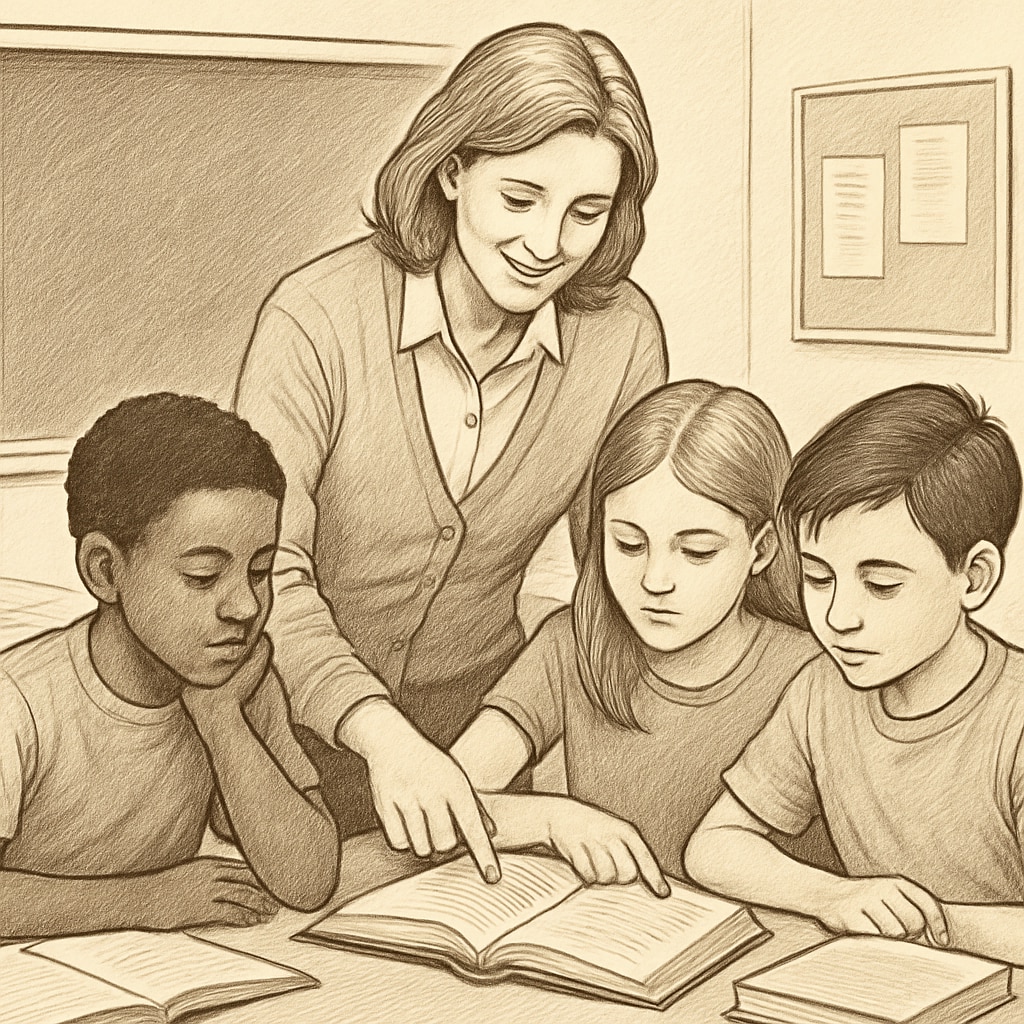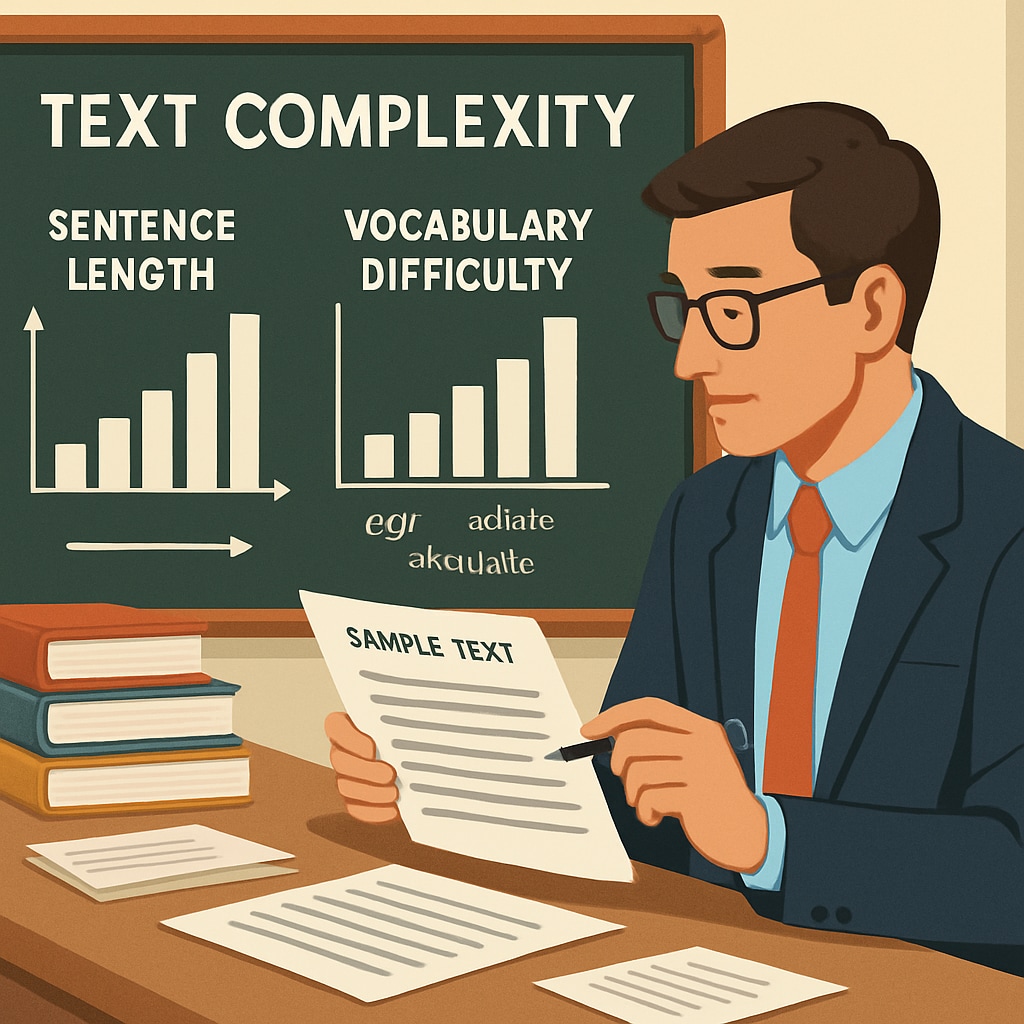Reading comprehension, teacher volunteers, and text complexity research play a crucial role in shaping effective educational practices. As the demand for evidence-based approaches in K12 literacy education grows, educators are uniquely positioned to contribute to groundbreaking studies. This article explores the significance of teacher involvement in research aimed at aligning reading materials with student needs and invites teachers to participate in a short, meaningful evaluation process that can have a lasting impact on education standards.
Why Teacher Expertise Matters in Reading Comprehension Research
Teachers bring invaluable insights to the table when it comes to understanding how students engage with reading materials. Their daily interaction with diverse learners provides firsthand knowledge of the challenges students face in decoding, understanding, and analyzing texts. By participating in reading comprehension and text complexity research, educators can help bridge the gap between academic theories and classroom realities.
Experts suggest that aligning texts with appropriate complexity levels is critical for fostering student growth. For example, the concept of reading comprehension emphasizes the need for materials that are neither too easy nor overly challenging. Teacher contributions can ensure these standards are both practical and effective in real-world settings.

What Is Text Complexity, and Why Is It Important?
Text complexity refers to the level of challenge a particular text poses to the reader, determined by factors such as sentence structure, vocabulary, and thematic depth. The aim is to match students with texts that stretch their abilities without causing frustration. However, achieving this balance requires careful evaluation and input from those directly involved in teaching students.
Incorporating teacher perspectives into text complexity research can lead to more accurate assessments and better resource allocation. For instance, tools like the Lexile Framework provide a standardized way to measure complexity, but their effectiveness is enhanced when paired with teacher feedback on student performance and engagement.

How Teachers Can Contribute as Volunteers
Joining this research initiative is simple yet impactful. Teachers are invited to participate in a 30-minute evaluation activity where they will assess the appropriateness of selected texts for different grade levels. This process involves:
- Reviewing short passages and their accompanying questions.
- Providing feedback on whether the material aligns with the intended grade level.
- Sharing insights on how students might interpret and respond to the texts.
By volunteering, educators not only contribute to the development of more effective educational resources but also gain a deeper understanding of how text complexity impacts learning outcomes in their classrooms. This opportunity allows teachers to become active contributors to educational research, strengthening the bridge between academic studies and practical teaching.
The Broader Impact of Teacher Participation
Participation in this initiative is not just about improving individual classrooms—it’s about shaping the future of literacy education. When teachers collaborate on research, their collective expertise helps establish more precise, equitable, and effective reading standards. This, in turn, benefits students across diverse backgrounds and learning environments.
Moreover, teacher involvement in such projects fosters a sense of professional growth and community. Educators who participate gain access to cutting-edge research findings, enabling them to implement innovative practices and share their experiences with peers. As a result, the entire educational ecosystem thrives.
If you are an elementary or middle school teacher eager to make a difference, consider joining this effort. Your expertise is not only valued but essential to the advancement of reading comprehension and text complexity research.
Readability guidance: This article emphasizes short paragraphs, clear transitions, and actionable takeaways. Teachers are encouraged to share their knowledge in a structured, impactful way, ensuring that their voices shape the future of education.


